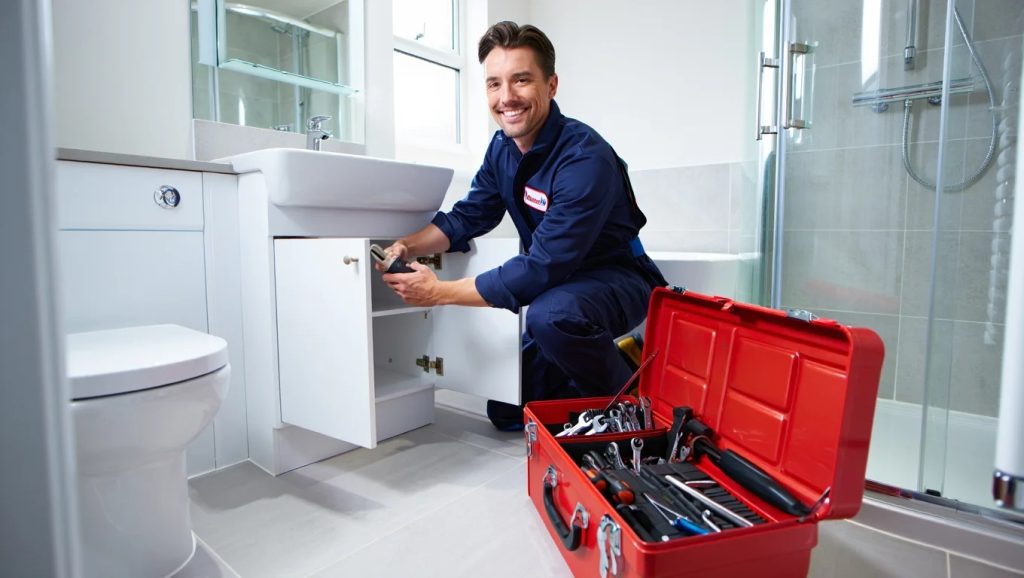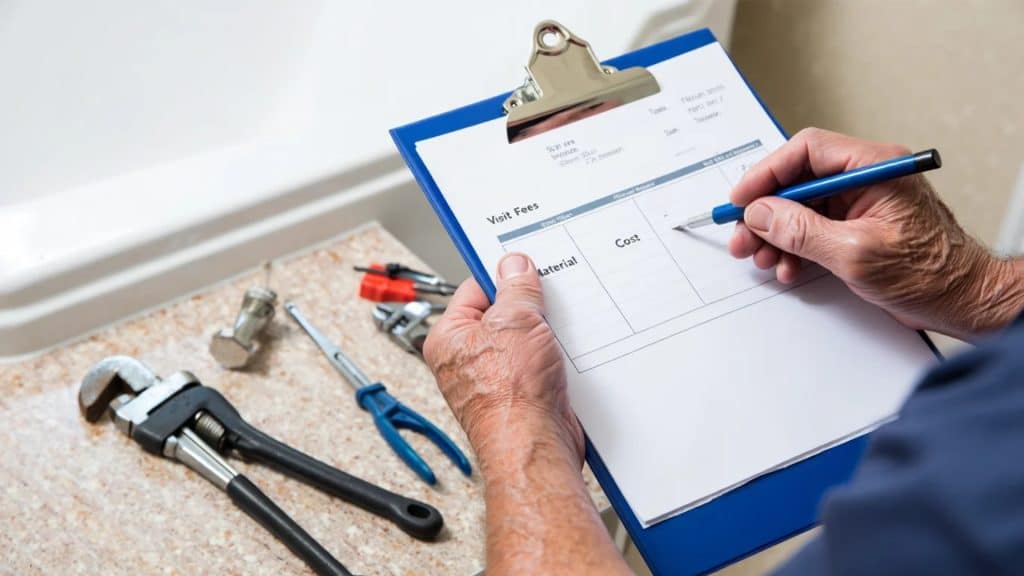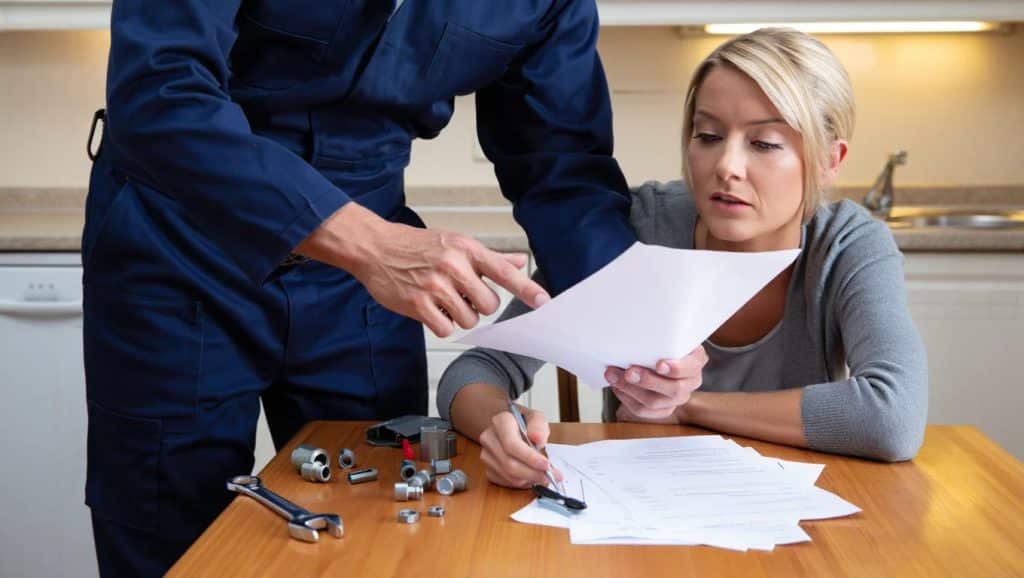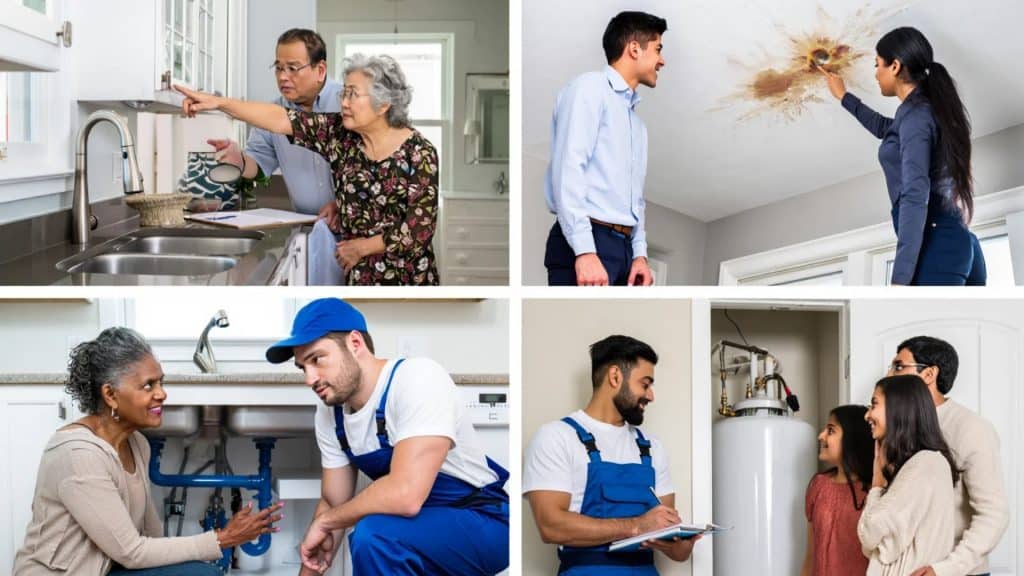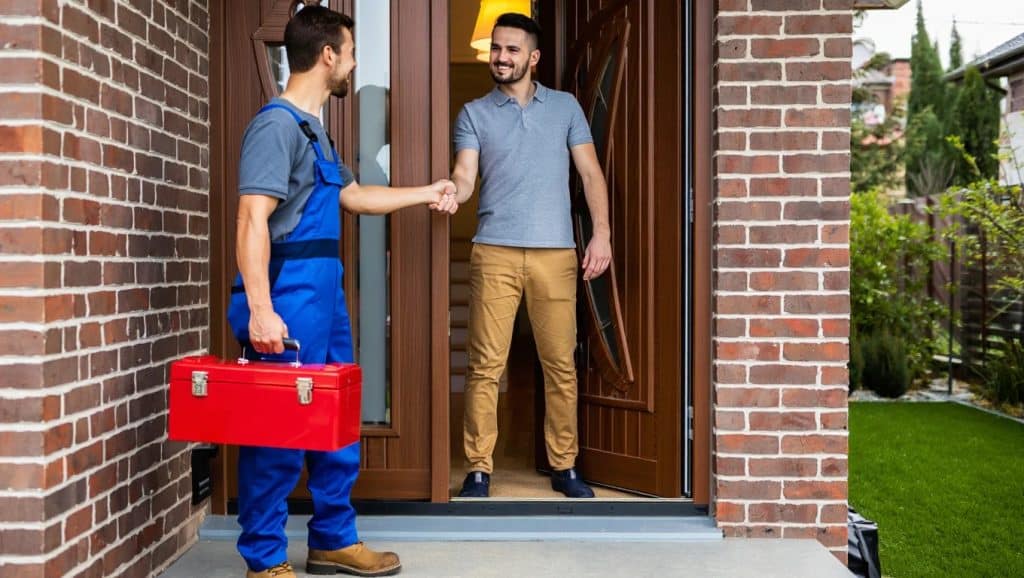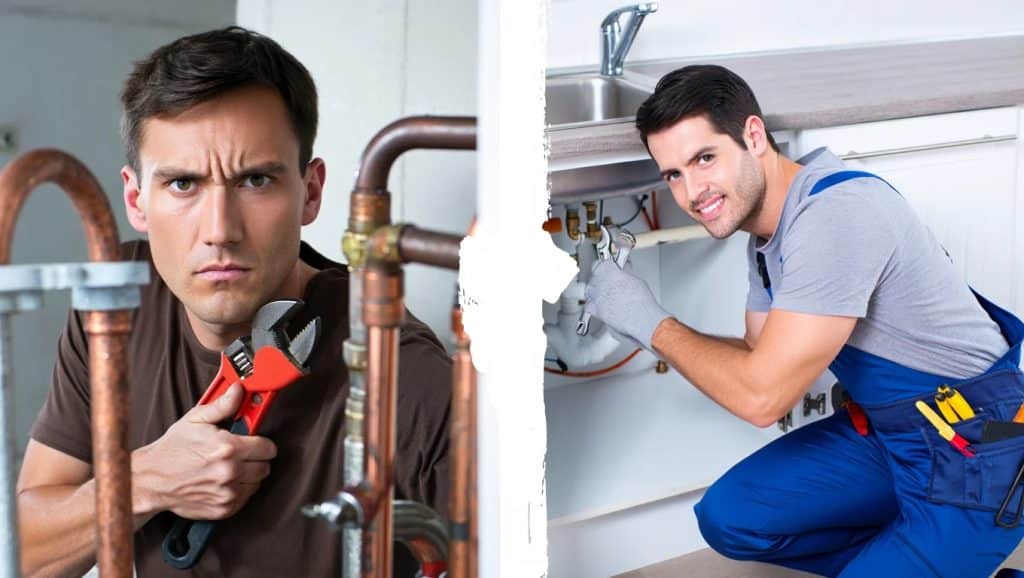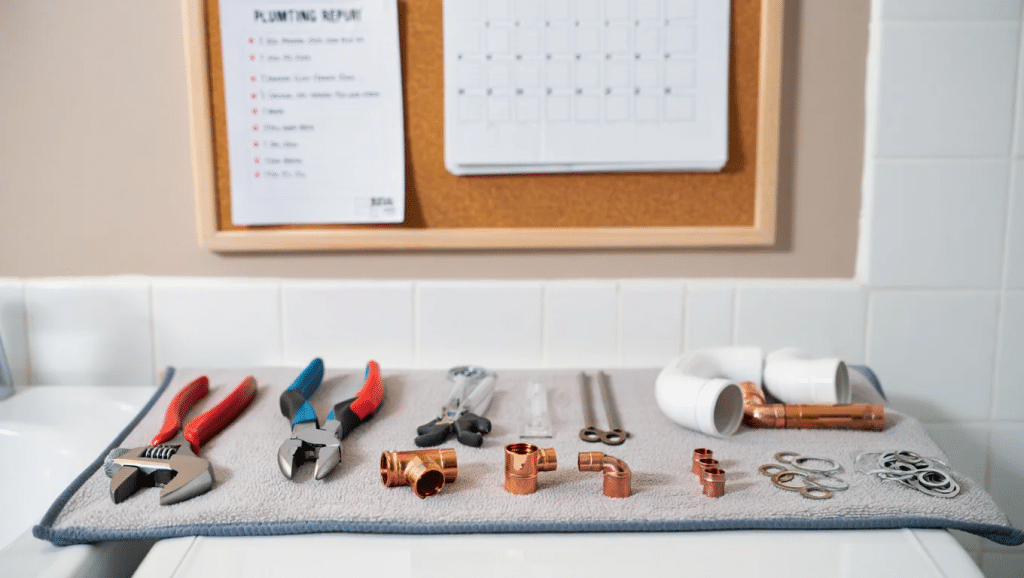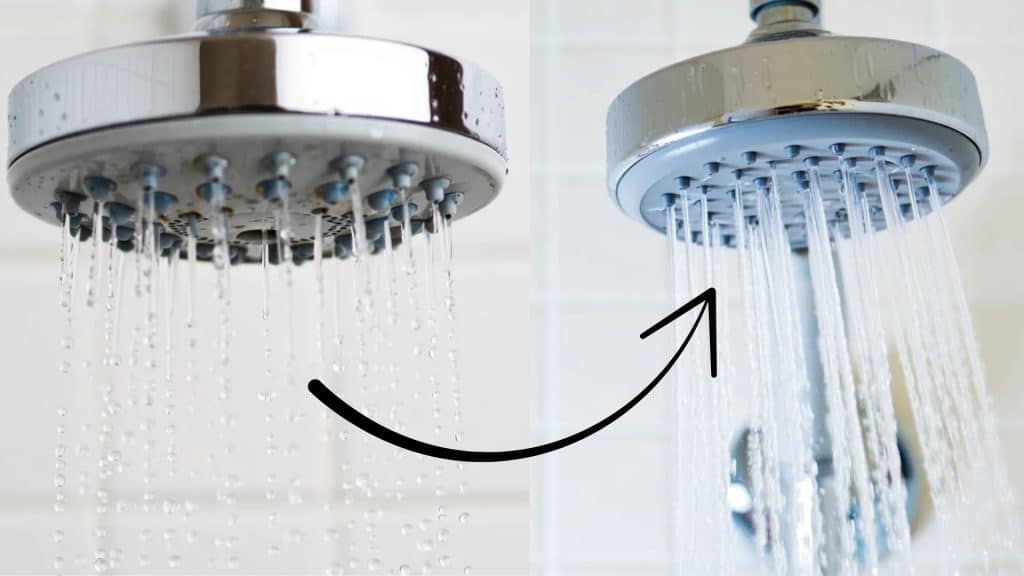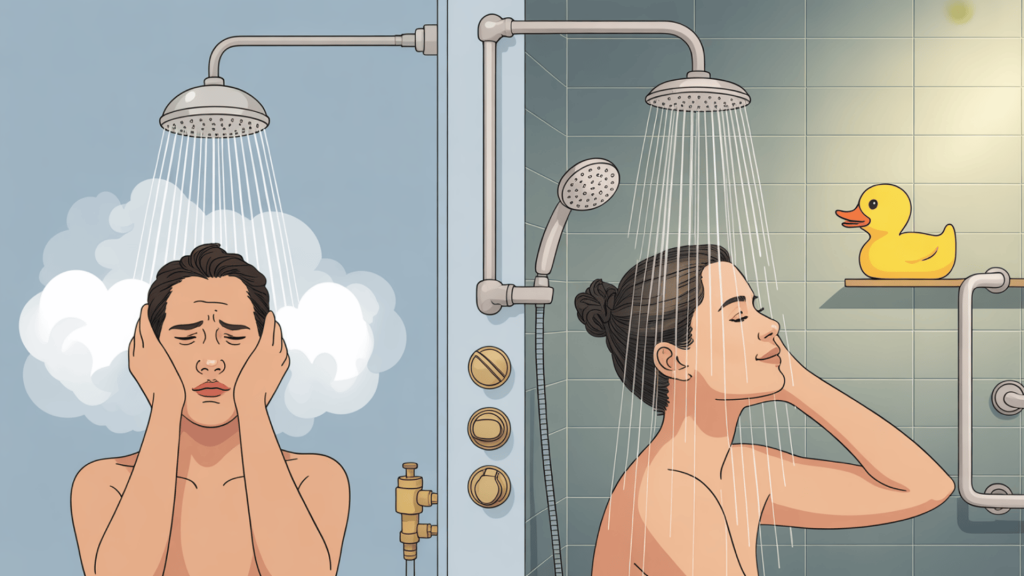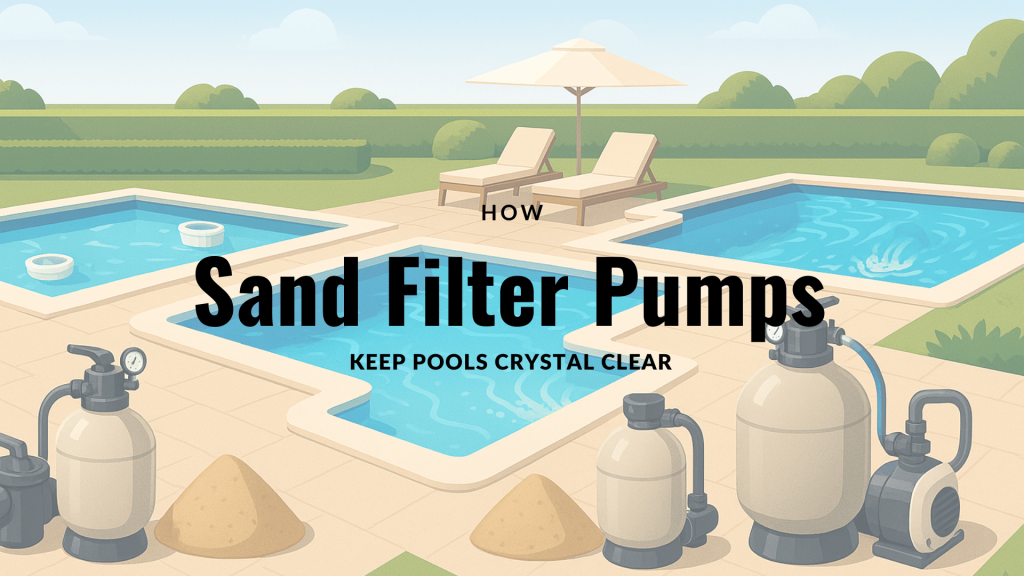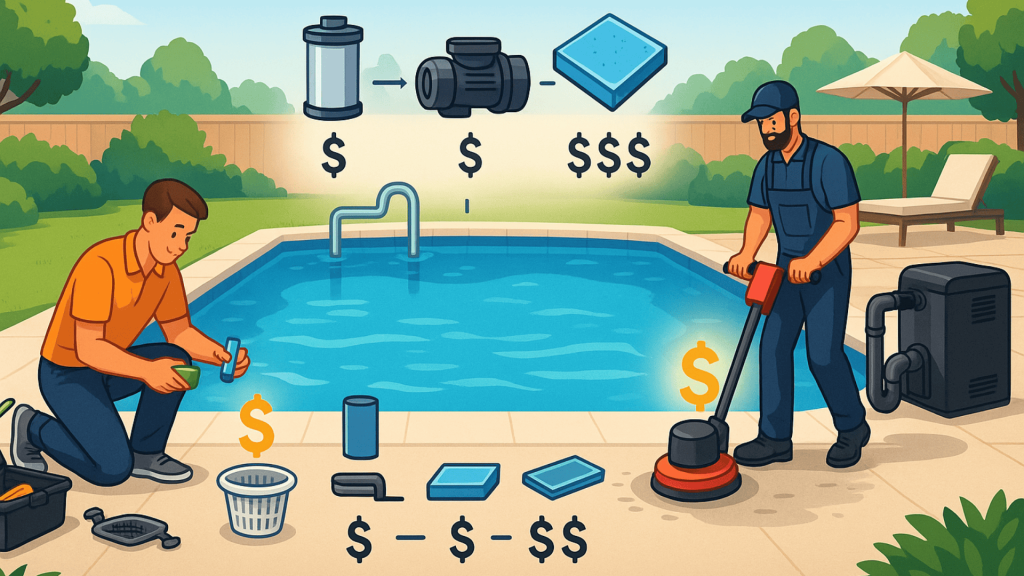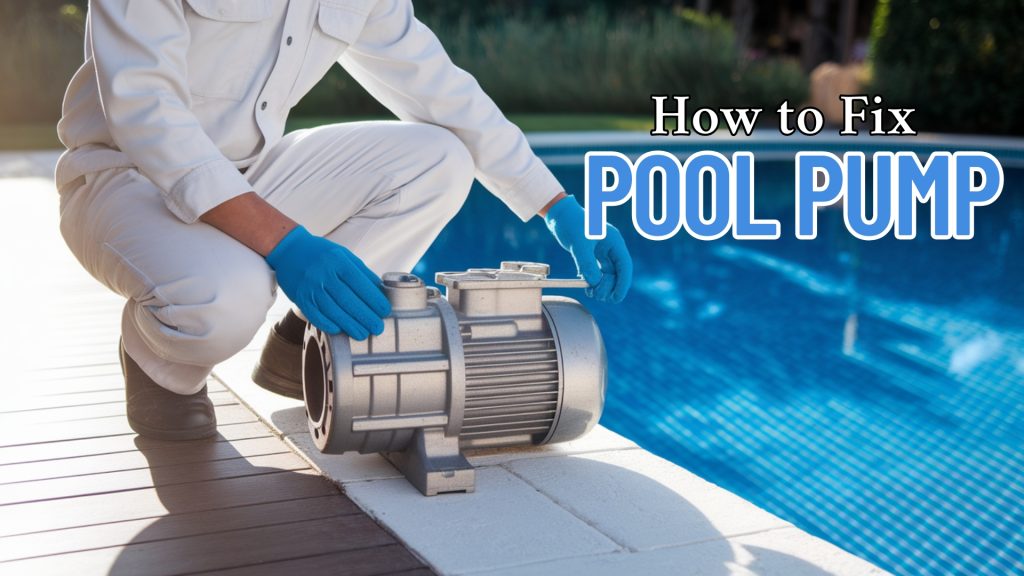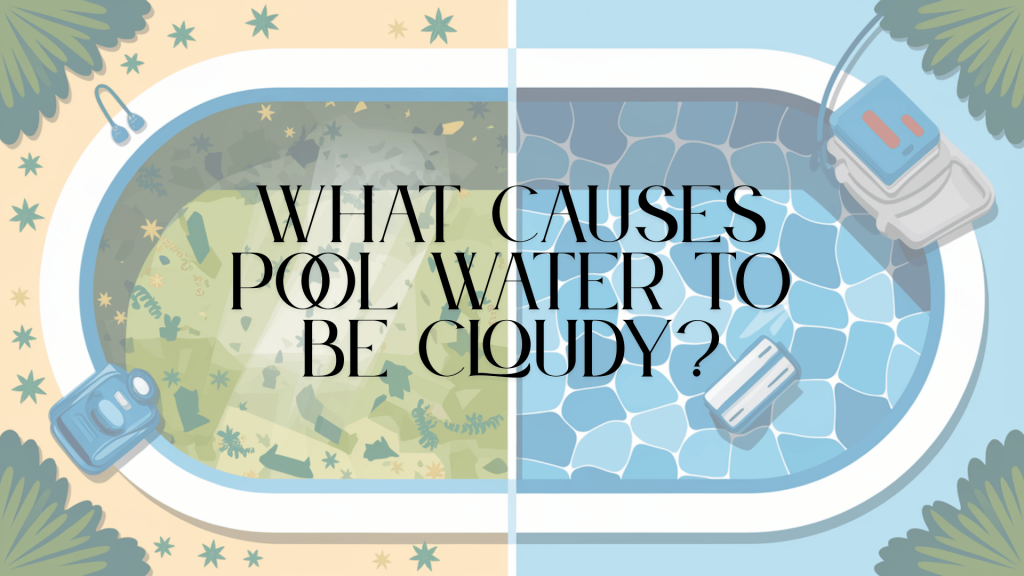Ever been handed a plumbing bill that felt way too high?
You’re not alone.
Plumbing problems happen when you least expect them.
A burst pipe or clogged drain can turn your day upside down.
Most homeowners panic and call the first plumber they find.
This often leads to surprise bills that hurt your wallet.
Plumbing costs vary based on several factors.
Many people are unsure what fair pricing means.
They end up paying more than they need to.
This guide breaks down the typical hourly charges of most plumbers.
You’ll learn about cost factors and how to avoid surprise fees.
By the end, you’ll know exactly what most plumbers charge and why those prices exist.
Top Factors Affecting Plumber Prices
Before examining the exact prices, let’s consider the factors that influence the cost of plumbing.
Understanding these factors helps you predict what you might pay.
Smart homeowners know these details before calling for help.
- Location and travel distance: How far the plumber travels affects your bill
- Time of service: Emergency calls and weekend work cost more
- Job complexity: Simple fixes cost less than major repairs
- Materials needed: Extra parts and supplies add to the total
- Plumber experience level: Master plumbers charge more than apprentices
- Local demand: Busy areas with few plumbers have higher rates
Now that you know what drives plumbing prices, let’s break down what plumbers actually charge per hour.
These actual figures help you plan better.
Plumber Charges Per Hour: Complete Breakdown
Getting a clear picture of plumber costs helps you plan ahead.
A typical plumber charges between $45-$200 per hour, with an average of $90 in 2025.
However, the factors we discussed earlier change these base rates.
Here’s what you can really expect to pay when you call a professional.
Actual Price of a Plumber
Here are the main factors that can push your hourly rate higher than the basic fee:
- Travel Costs: Plumbers charge $1-$2 per mile (maybe more) if your home sits far from their shop
- Living Areas: Urban or high-traffic areas push rates above $150 per hour, while rural areas stay around $25-$40
- Material Costs: Extra materials add $10-$50 to your bill, depending on what’s needed
- Experience: Highly skilled plumbers cost $120 more per hour than apprentice workers
- Work-Related Costs: Small repairs cost less, while major jobs increase the hourly rate
- After-Hour Services: Calling during non-working hours increases costs by 50-100%
Quick Summary
Here’s a simple table showing the cost breakdown of a plumber’s hourly rate for easy understanding.
| Aspect | Cost |
|---|---|
| Travel Distance | $1-$2 per mile |
| Urban Areas | Above $150 per hour |
| Rural Areas | $25-$40 per hour |
| Material Costs | $10-$50 extra |
| Experience Gap | Up to a $120 difference |
| After-Hours | 50-100% increase |
Small jobs without extra materials can be handled by apprentice plumbers for just $40-$50 in 30 minutes.
Hidden Fees to Watch Out For
The hourly rate is just the beginning of your plumbing bill.
Many homeowners are shocked by unexpected extra charges.
These hidden fees can double or triple your expected costs if you’re not prepared.
- Diagnostic fees: Plumbers often charge $50-$150 to identify the problem before any work begins
- Trip charges: Expect $25-$75 extra if your home sits outside their normal service area
- Permit or inspection costs: Large repairs may need permits costing $50-$200 through your city
- Disposal fees: Removing old fixtures or pipes can add $20-$100 to your bill
- Tool/equipment surcharge: Specialty tools or large machines may cost $30-$150 extra per job
- Weekend/holiday premiums: As discussed above, emergency calls can add $100-$300 to standard rates
Discussing these hidden charges beforehand can help you save hundreds of dollars.
Always ask for a complete breakdown of all possible fees on a call before work starts.
What Do Real Customers Say About Plumbing Costs?
Real customer experiences show how plumbing costs play out in the real world.
These stories highlight both money-saving wins and costly surprises that others faced.
- Sarah from Texas: “Got charged $200 for a ‘diagnostic fee’ I didn’t know about. The actual repair was $150 more. Wish I’d asked upfront about all charges.”
- Mike from Oregon: “Thought I needed a plumber for my kitchen sink. Turned out to be just food clogging the drain. Saved $120 by trying a plunger first.”
- Lisa from Florida: “Smart move buying my faucet beforehand from the hardware store. Plumber only charged $100 for installation instead of $250 total with their markup.”
- Tom from Colorado: “Emergency weekend call cost me $450 for something that could wait. Now I only call during regular hours unless it’s flooding.”
- Maria from Arizona: “Asked three plumbers for quotes. Prices ranged from $85 to $180 per hour for the same job. Shopping around saved me $200.”
- Dave from Michigan: “Plumber charged $5 per mile travel fee I didn’t expect. My house is 25 miles from town, so that was $125 extra just for showing up.”
These real experiences show why preparation and research matter so much for your wallet.
How to Choose the Right Plumber?
Finding the right plumber saves you money and prevents future headaches.
Not all plumbers offer the same skills or prices.
Making a smart choice protects your home and budget.
- Check licenses and insurance: Only hire plumbers with proper credentials and coverage
- Read online reviews: Past customer experiences tell you what to expect
- Get multiple quotes: Compare at least three estimates before deciding
- Ask about guarantees: Good plumbers stand behind their work with warranties
- Verify experience with your specific problem: Some plumbers specialize only in certain repairs
- Request upfront pricing: Avoid surprise charges by getting clear cost estimates
- Check availability: Choose plumbers who can work around your schedule
Taking time to research plumbers upfront prevents costly mistakes later.
The right professional will give you fair pricing and quality work that lasts.
DIY vs. Hiring a Professional
Before reaching for your phone and preparing your wallet, take a moment to assess the problem yourself.
Many plumbing issues look scarier than they actually are.
Simple clogs or loose fittings may require basic tools, rather than professional help.
However, major leaks or pipe damage require expert skills.
Look at the problem size and your comfort level first.
Can you see the issue clearly?
Do you have the right tools?
If the answer is no, or if water is everywhere, call a professional.
Remember those cost factors we discussed earlier.
Knowing them helps you make smart choices and protects your budget.
For guidance on handling simple repairs yourself, check out these DIY Plumbing Tips to help you analyze the situation and tackle it properly.
Tips for Reducing Plumbing Costs
Nobody wants to spend a fortune on plumbing problems.
Smart planning and quick action can cut your bills significantly.
Here are proven ways to keep more money in your pocket.
- Fix small problems quickly: Minor leaks become major repairs if ignored
- Schedule during regular hours: As discussed above, avoid emergency and weekend rates when possible
- Buy your own materials: Purchase supplies yourself to avoid markup fees
- Get multiple quotes: Compare prices from at least three different plumbers
- Ask about flat rates: Some jobs work better with fixed pricing than hourly rates
- Bundle multiple repairs: Handle several issues in one visit to save travel costs
- Learn basic maintenance: Regular upkeep prevents expensive emergency calls
These simple strategies can cut your plumbing costs by hundreds of dollars each year.
Prevention and smart timing make the biggest difference in your final bill.
The Bottom Line
In conclusion, most plumbers charge between $45–$200 per hour, with $90 being the average rate in 2025.
These rates change based on location, timing, experience, and job complexity.
Understanding these factors helps you budget better and avoid surprise costs.
Getting multiple quotes gives you bargaining power and shows fair market rates.
Always ask what’s included in the price before hiring anyone.
Some plumbers offer flat rates that might save you money on bigger jobs.
Consider preventative maintenance to avoid emergency calls that cost much more.
Regular upkeep and quick repairs prevent small problems from becoming expensive disasters.
Now that you understand plumber pricing, you’re ready to make an informed decision that protects both your home and your wallet.
Frequently Asked Questions (FAQs)
Here are some important questions raised by various homeowners.
What’s the Difference Between Flat-Rate and Hourly Plumber Pricing?
Flat-rate pricing offers a set cost for the entire job, while hourly rates charge based on time spent, which can vary depending on job complexity.
How Do Plumbers Estimate the Time Needed for A Job?
They assess the job type, location, and condition of existing pipes or fixtures, then give a time range based on past experience.
Can I Save Money by Buying Plumbing Parts Myself?
Yes, purchasing your own materials helps avoid plumber markups and gives you more control over quality and price.

